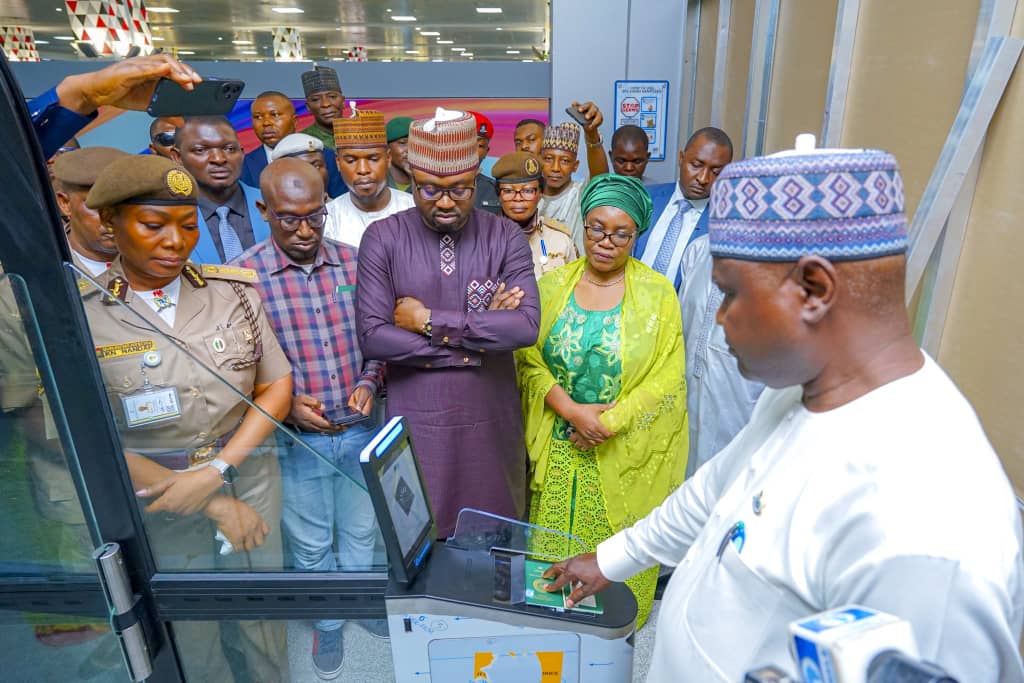Nigerians in pains over online banking
By Adetokunbo Abiola
|
Mr. Gbenga Adekoya complained and did everything possible to get a refund on his failed online banking transaction but nothing had been done. Among the things he did, he filled the escalation form, sent email to customer care, chatted the bank’s helpline on WhatsApp, exhausted all the available avenues since February 15, 2023, yet nothing happened.
Victoria Adesewa, a bread seller in Akure, groans over bank transfers, with customers making payments on their phones and the transactions not going, and this proves despairing, as many as four of her customers transferred money to her, with the transaction not going through for as much as eight hours, making her feel the federal government should either delay or suspend the new naira policy.
Abimbola Omodara trades in exotic bags and clothes along Oba Adesida Road in Akure, but bitterness fills her face on the day this reporter met her, as two vital payments through online bank transfer failed to reach her, making her think the new naira policy hampered traders so much that it should be scrapped or delayed.
Millions all over the country feel the same way, that the new naira online policy, which aims to make online banking a tradition among the populace, should be scrapped or delayed, because payments made through their phones either don’t go through or go through after a lot of apprehension, with banks not helping the matter, as they do nothing in the way of refunds when many failed banking transactions occur.
Though the Central Bank gave orders for an instant or 24-hour reversals on failed ATM transactions when customers withdraw from their own banks, or not more than a 48-hour reversal when customers withdraw from other bank’s ATMs, banking online transactions remain problematic, a situation complicated when not all failed Point of Sale (PoS) and online/web transactions get unresolved after 72 hours.
An analysis showed that the total volume of NIBSS Instant Payment Platform (NIP) transactions rose by 613.1 percent to 5.2 billion last year, from 729.2 million in 2018, its value increasing by 381.5 percent from N80.4 trillion as at 2018 to N387.1 trillion in the same period of last year, the transactions helping to unlock $3.2 billion of additional economic output, representing 0.67 percent of the country’s GDP.
A further breakdown of the NIBSS data showed that apart from NIP transactions, the volume of mobile transfers increased by 151.4 percent to 715.1 million in 2022 from 284.5 million in 2021, its value rising by 139.5 percent to 19.4 trillion, with PoS also following the same trend, as its volume increased by 22 percent to 1.2 billion from 982.7 million in the 2021, an increase of 31.3 percent year-on-year from N6.4 trillion to N8.4 trillion.
In other words, more consumers are shifting towards the use of electronic banking channels for financial transactions, and with the total volume of instant NIBSS Instant payment Platform rising so suddenly, banks become overwhelmed with quick reversals of failed online transactions, creating agony for millions of Nigerians who bank online.
The Central Bank of Nigeria (CBN) says commercial banks refunded N89.2 billion to customers over various financial-related complaints from 2012 to June 2021, with the cumulative number of complaints from bank customers escalating.
Four top banks in 2021 recorded a total of 477,405 unresolved customer complaints, growing by 172,399 from 305,791 recorded in December 2020, with Access Bank receiving a total of 2.2 million customer complaints, 2.1 million resolved but pending complaints carried over from the previous year bringing unresolved complaints at the end of 2021 to 306,116, while Zenith bank had a total of 166,314 complaints unresolved as of December 2021, almost double the amount recorded in 2021 (83,899).
CBN, in its Financial Stability Report of 2018, revealed that ATMs had the biggest fraud cases with 34.87 per cent, followed by Mobile Money at 28.21 per cent, while PoS had 19.55 per cent, with hackers, scammers and cyber-criminals spotting loopholes in the rise of cashless POS transactions and manipulating technologies like near-field communication and radio-frequency identification that are typically used in cashless POS payments to perpetuate data theft and other forms of activities.
These form the results of the inability of banks to effect quick resolution of all failed bank online transactions, and the situation becomes messier, with the increases in bank refunds to customers over financial-related complaints in the recent past, the rising cases of fraud by scammers, and the hundreds of thousands of cases not resolved.
Expert say the solution to these challenges lies in more awareness on banking online, with a need for the government and security agencies to sensitise online customers on the safe use of their cards and how to prevent falling victim to fraudsters.










